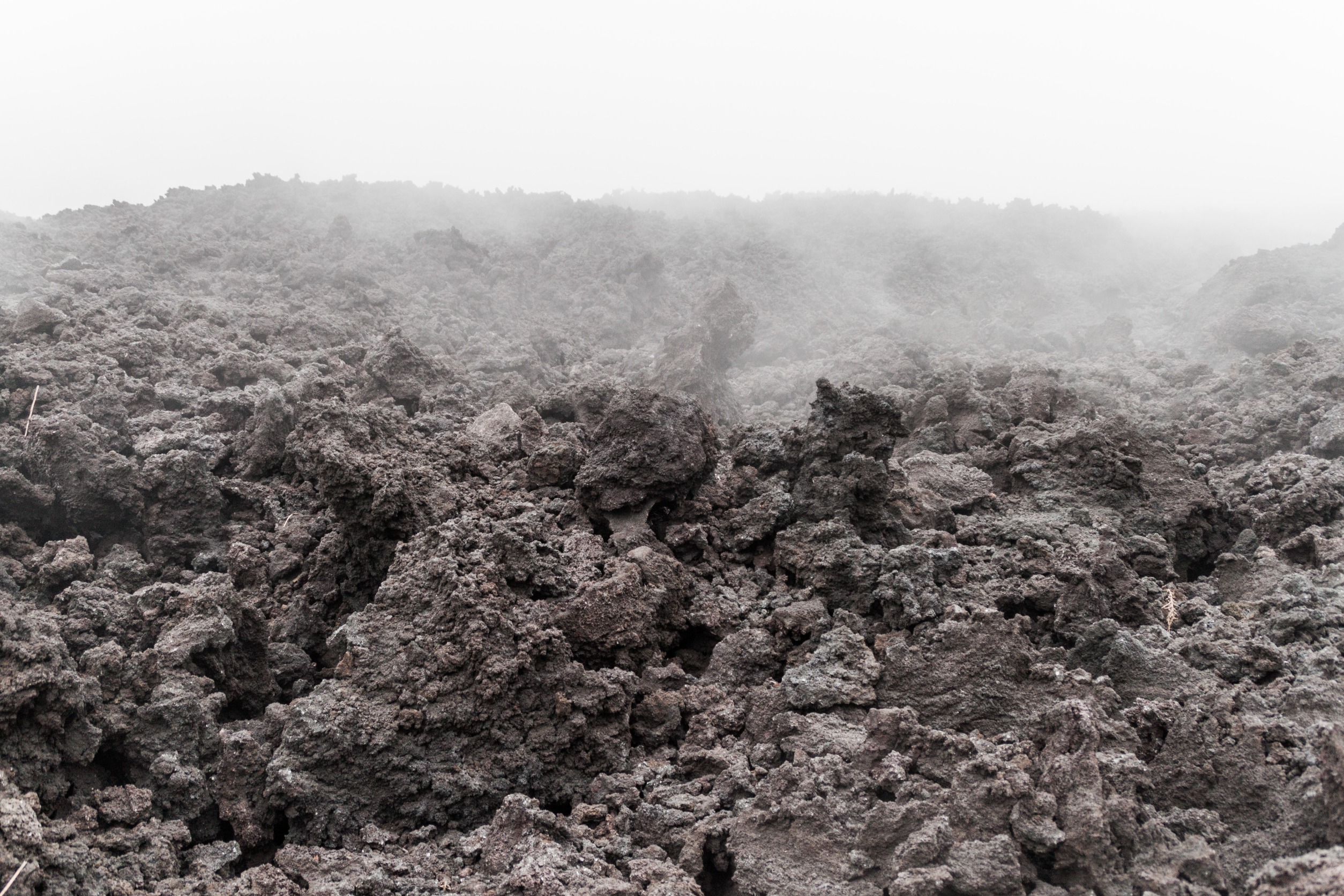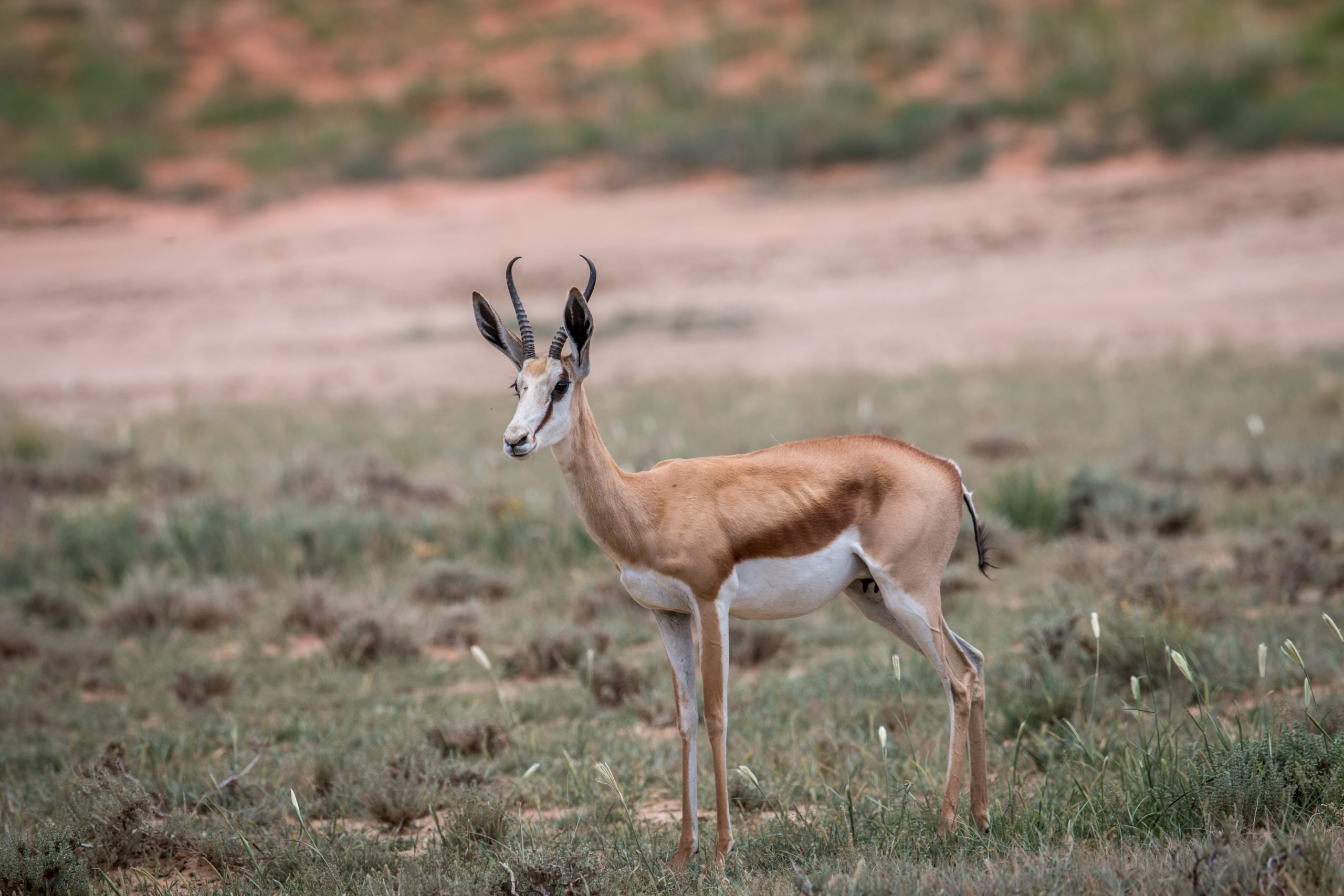The meeting in 2008 about ending the war between Israel and Palestine proceeded with difficulty. Finally, though, came a moment when the two sides reached agreement. The turning point came during a discussion about water. The Jews and Arabs, both Muslims and Christians, acknowledged that both populations had to drink and both needed water for religious rituals. The realization fostered cooperation. Water, it seems, can motivate even mortal enemies to work together.
This is not the usual view. Amid rising concerns about water scarcity, “blue gold” is often seen as a potential cause of grave conflict. “The next war in the Middle East will be fought over water, not politics,” Boutros Boutros-Ghali, then a future UN secretary-general, said in 1985. Authorities have expressed similar concerns ever since. But it hasn’t happened yet.
Aaron Wolf, a geography professor at Oregon State University, has researched the last war that revolved solely around water: the one between the Mesopotamian states of Lagash and Umma 4,500 years ago. According to Wolf, it’s mainly politicians, activists and journalists who predict water wars, as Britain’s energy minister Edward Davey did in a controversial speech last year. “When you look back at history,” Wolf says, “you see that people have always talked about a fear of water causing war, but in the end, it leads to very little violence at the international scale.”
Around the world, 263 international river basins cross national boundaries. In Africa, several countries depend on water from the Nile, partly to irrigate farmland. Tensions can arise between nations that share a water source—for instance, when those upstream use more of a river’s water. Wolf, an internationally recognized water mediator who’s worked as consultant for the World Bank, doesn’t deny such conflicts exist. Egypt has threatened to bomb Ethiopia’s Nile dams; central Asian republics have sparred over water distribution. “But those tensions start conversations that lead to solutions for the problems,” Wolf says.
Water has long been a catalyst for negotiation. In medieval Europe, farmers, burghers and nobles began working together to build dikes, dam rivers and drain marshes. It works at the international level too; if national leaders want water managed efficiently, they need to coordinate with their neighbors.
Wolf knows from experience that water-based negotiations usually turn out well, but the course isn’t free of obstacles. Underlying problems—often power imbalances—rise to the surface. In such cases, a rational approach is likely to hinder, Wolf says. He spent a summer in Thailand with a Buddhist monk and has immersed himself in the Kabbalah and Sufism. “In the world of spirituality, you see lots of ways of transforming conflict and anger into peaceful ways of thinking, which is something we never think about in negotiations.”
This is what happened with the Israelis and Palestinians. They realized that physical and spiritual requirements were top priorities for both sides and that water was a crucial factor. “At that point, everybody in the room had to acknowledge each other’s needs,” Wolf recalls. “Once that was out of the way, talking about other desires became much easier. Putting people together in a room forces them to start talking about their shared future.”
Today, he opens negotiations by asking everyone to tell a story about the water supply they knew growing up. (He spent his own childhood in Israel and California, dry regions where water can’t be taken for granted.) In place of the hierarchy that usually forms during a proposal round, an atmosphere emerges that encourages constructive, cooperative thinking about water—and about the future. “A farmer, an environmental activist and a banker have entirely different points of view,” Wolf says, “but water brings them together.”
Photo: flickr/ Jim Bahn
Want more stories of unusual ways opposing forces are finding peace? Read about them in this FREE issue.

A wellspring of peace
More of Today's Solutions
Migration of 6 million antelope in South Sudan is the largest land mammal mov...
BY THE OPTIMIST DAILY EDITORIAL STAFF A thorough aerial study in South Sudan revealed a startling migration of six million antelope, establishing it as ...
Read MoreVolcanic ash may be a game changer in sustainable solar energy storage solutions
When calamity hits and volcanic ash blankets the land, it is commonly perceived negatively, for many obvious reasons. However, novel research from the University of ...
Read MoreWind and solar energy production in US surpasses coal for the first time in h...
BY THE OPTIMIST DAILY EDITORIAL TEAM According to the United States Energy Information Administration (EIA), wind and solar energy generated more electricity than coal ...
Read MoreThe Dominican Republic reforests a fifth of the country in just 10 years
In the heart of the Dominican Republic, the dramatic story of land reclamation unfolds. Carlos Rodríguez, a diligent farmer, thinks about the once barren ...
Read More










